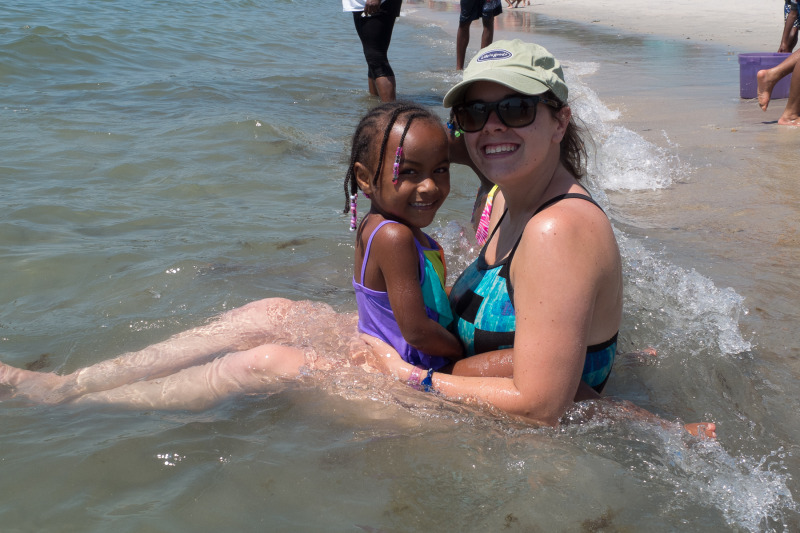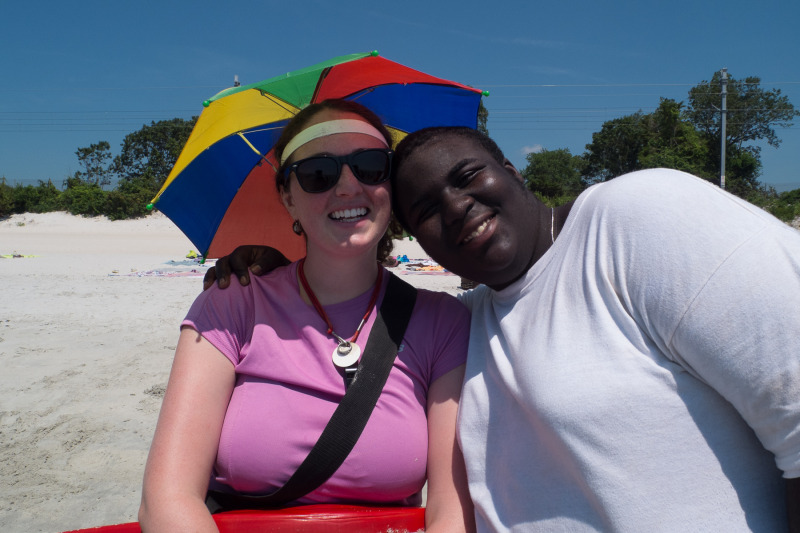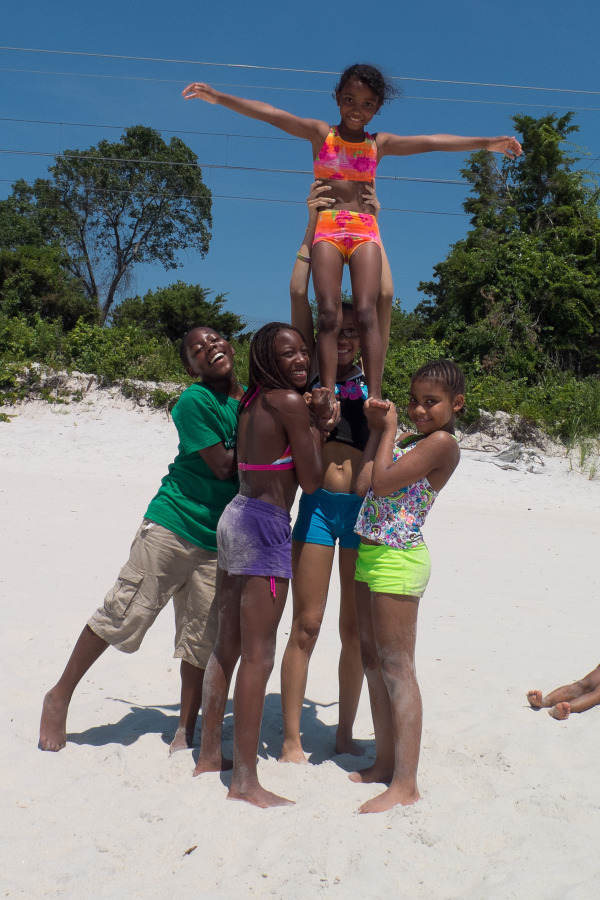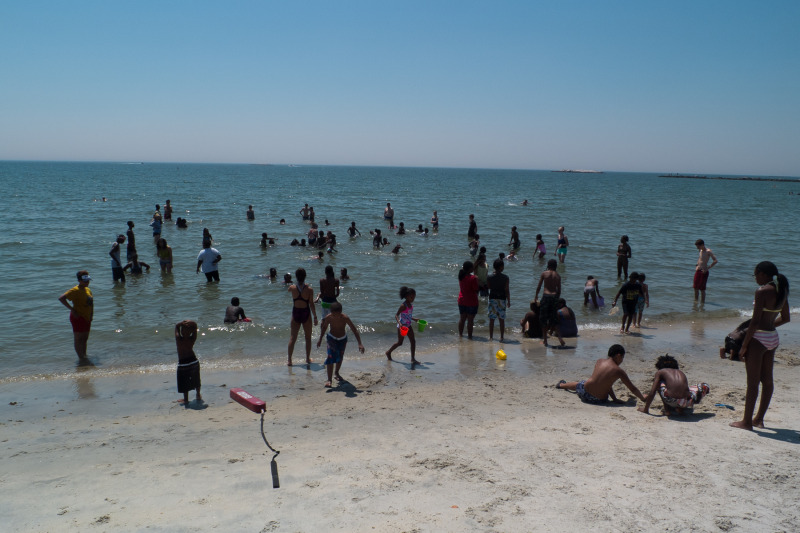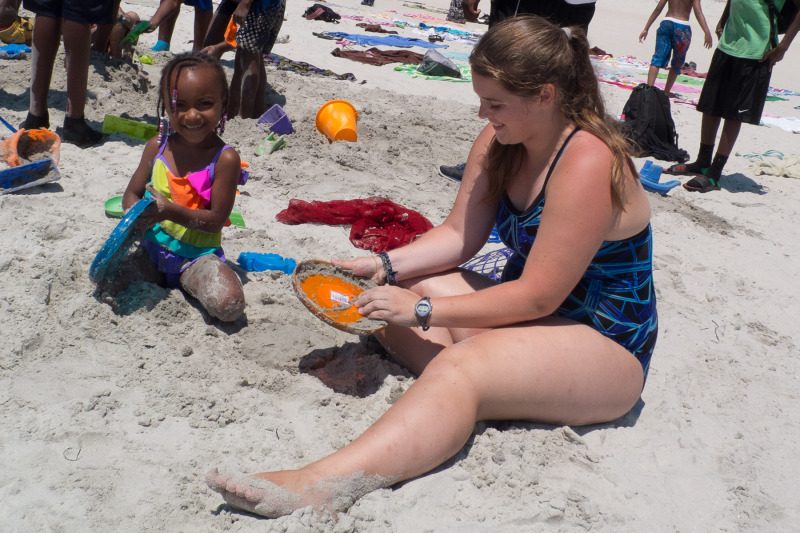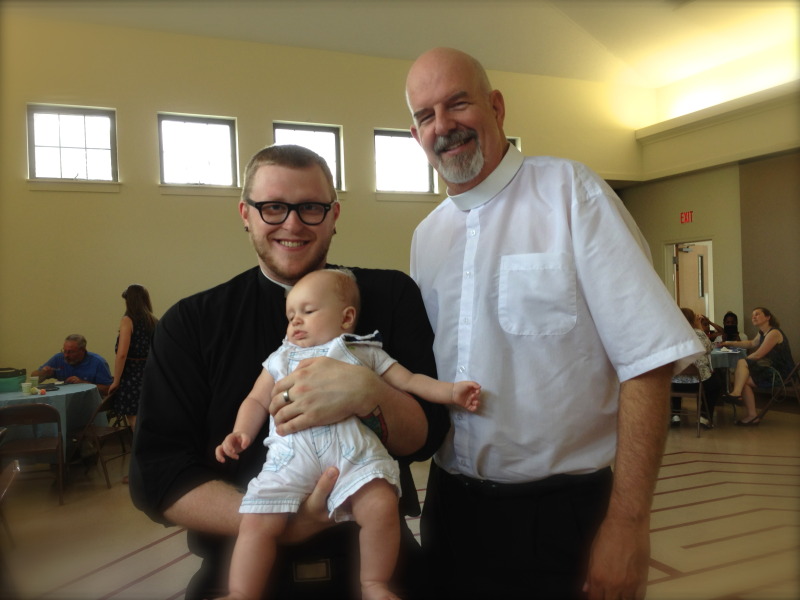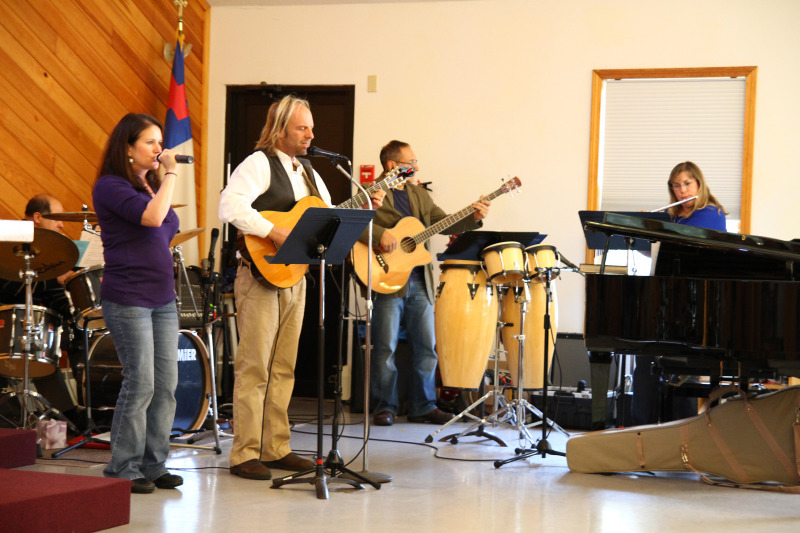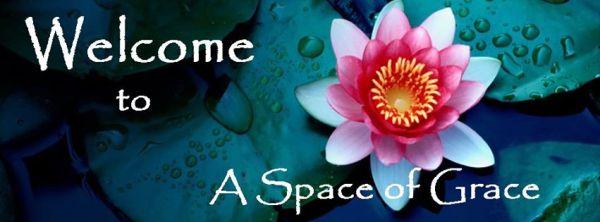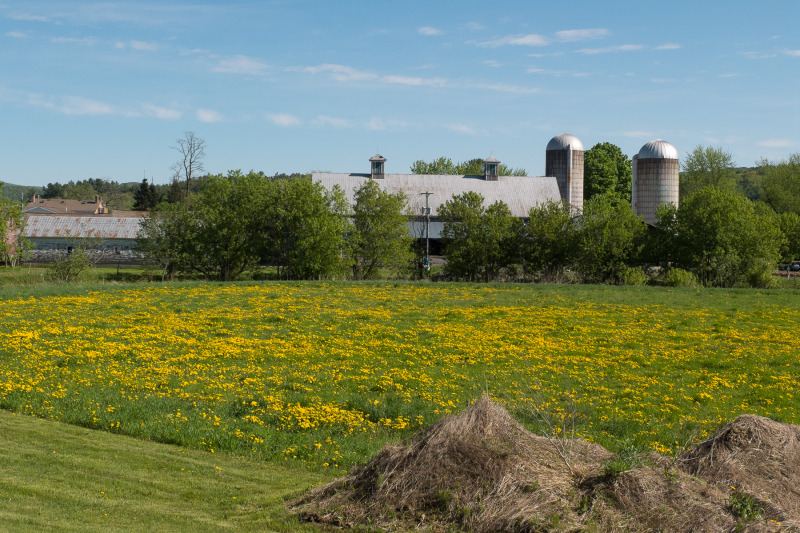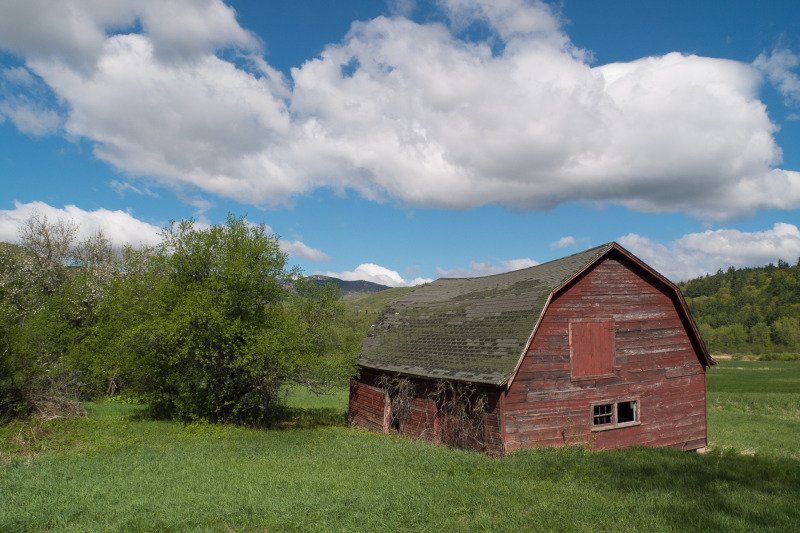It’s Monday, and I’m lying on the couch with a bottle of Nyquil. I’m in recovery mode from a ponding head cold that decided to invade my body on the first morning of our Synod Assembly last Friday. I’m bouncing back from an exhausting and exhilarating assembly. I had wanted to write a blog post as a follow up, but a head cold limits one’s brain power. So, I’m editing an article I found online that relates to our Friday conversation at the assembly with six people who are not affiliated with any church. The conversation was incredibly fruitful, and I've been contemplating thoughts on how we as Lutheran christians could respond. In the meantime, I offer these thoughts from Carey Nieuwhof - whoa, try pronouncing that one early in the morning. The original of this article can be found here. I think there is some real wisdom here, that challenge is how to get there from where most of our congregations currently sit. But, that saves me time to think of a response, and something to write about after the sinuses clear.
Carey Nieuwhof writes:
Almost every leader I talk to acknowledges that our culture is shifting.
To reach a changing culture, the church needs to change. Rapidly.
Don’t get me wrong, we don’t need to change the message. Just the method. One is sacred. The other is not.
What isn’t as clear is what the future church will look like, and what kind of characteristics will mark those churches.
However, I think a few trends are becoming clear. Not all of these might be correct, but I think the following traits describe the kind of churches that will have a significant impact a decade from now.
The wise leader is taking steps today to position their church to respond to these things.
Here’s what I see as hallmarks of the churches that will make an impact in the next decade:
1. The ability to say no. One of the reasons churches don’t change is because leaders are unwilling to say no to current members who prefer things the way they were. When you learn to say no to the preferences of some current members, you learn to say yes to a community that is ready to be reached.
2. Outsider focus. Churches that become passionate about people outside their walls will be far more effective than churches that are passionate about keeping the few people they have inside their walls. Better still, you will have a healthier church. We call individuals who are fixated on their wants and needs selfish and immature. Selfless and mature churches will have an impact because of their passion for people God cares about.
3. Quick decision making. Can your church or organizations make quick decisions? If not, amend your constitution so you can. If the congregation needs to vote on everything, just realize this is going to be your achilles heel when it comes to making the changes you need to make.
4. Flexibility. You don’t need to change your mission (for the most part), but you do need to change your methods. Flexible and adaptable churches that can innovate around strategy and different initiatives will have the freedom to make the changes they need to make an impact moving forward.
5. A willingness to embrace smaller to become bigger. Mega-churches will continue to grow, but most of us won’t lead mega-churches. When small churches stop trying to be mega-churches, good things can happen. In fact, more and more larger churches will start embracing smaller venues, locations and partnerships to keep growing. A greater number of smaller venues might be a hallmark of future churches making an impact.
6. A quicker, lighter footprint. Churches need a quicker, lighter footprint to grow. If you’re waiting for millions to build your building, you might wait forever. Get innovative and start looking at portable and non-traditional ways of growing your ministry. Quicker, lighter footprints will be necessary (see this Leadership Network article for more on innovate, inexpensive building alternatives).
7. Valuing online relationships as real relationships. Churches that aren’t online beyond a website are going to miss the boat. Real interaction with real people online is…well…real. Sure, face to face is deeper, but people will tell you things online they can’t muster the courage to tell you face to face. Whether you get them to a ‘real’ church is increasingly debatable. I would love that. But we’ll have to see. As much as you might hate it, virtual relationships are becoming real relationships.
8. An openness to questions. Most unchurched people today come in with questions that seem weird to those of us who spent a life time in church. Don’t try to answer them right away. Churches that understand that embracing questions is as important as providing immediate answers will make an impact in the future. We’re discovering that if you embrace questions, the answers eventually find their way into people’s lives. The Holy Spirit actually does move in people’s lives.
9. A high value on experimentation. The more traditional you are, the less you will value experimentation. The more successful you are, the less you will value experimentation. If you start to raise the value of experimentation, you will accelerate change and flexibility. The churches that connect with their community will be the churches willing enough to try a variety of things, and who also have the courage to kill them as soon as they stop producing results.
10. Prioritizing a for you not from you culture. Andy Stanley often talks about what he wants for people, not just what he wants from them. Churches in decline often think in terms of what they can get from people – money, time, growth etc. Churches that will make an impact on the future will be passionate about what they want for people – financial balance, generosity, the joy of serving, better families, and of course, Christ at the center of everyone’s life.
11. A tailored experience, not a tailored message. You don’t have to tailor the message to unchurched people but churches that have an impact will tailor the experience. Churches that decide they will hold the message sacred but tailor the experience to an ever shifting culture will be more effective.
